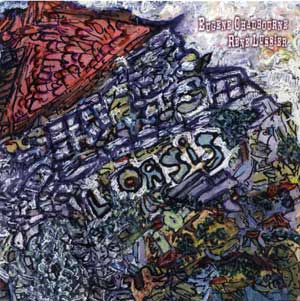
"Amazingly, it was only the second time the two guitarists had ever played together, and the first time in North America. Both are strongly influenced by the country and folk traditions, and it was a real twisted hoedown that took place...
In Stock
Quantity in Basket: None
Log In to use our Wish List
Shipping Weight: 5.00 units
EU & UK Customers:
Discogs.com can handle your VAT payments
So please order through Discogs
Sample The Album:
Eugene Chadbourne-guitar, acoustic guitar, banjo
Rene Lussier-guitar
Click an artist name above to see in-stock items for that artist.
UPC: 077405008428
Label: Les Disques Victo
Catalog ID: VICCD084
Squidco Product Code: 1061
Format: CD
Condition: New
Released: 2002
Country: Canada
Packaging: Jewel Tray
Recorded live in Paris, France, 1998 and at the Festival International de Musique Actuelle de Victoriaville, Canada, on May 19th, 2002.
"Amazingly, it was only the second time the two guitarists had ever played together, and the first time in North America. Both are strongly influenced by the country and folk traditions, and it was a real twisted hoedown that took place, with each bringing out the best in the other. When they get to it, both Lussier and Chadbourne can really pick, and we were even treated to some singing by Dr. Chadbourne. Easily the most purely enjoyable performance of the festival!"-Mike Chamberlain, Signal to Noise, Fall 2002
Artist Biographies
• Show Bio for Eugene Chadbourne "A seemingly endless -- and endlessly eclectic -- series of releases made the innovative guitarist Eugene Chadbourne one of the underground community's most well-known and well-regarded eccentrics. Born January 4, 1954 in Mount Vernon, NY, Chadbourne was raised in Boulder, CO, by his mother, a refugee of the Nazi death camps. At the age of 11, the Beatles inspired him to learn guitar; later exposure to Jimi Hendrix prompted him to begin experimenting with distortion pedals and fuzzboxes. Ultimately, however, he became dissatisfied with the conventions of rock and pop, and traded in his electric guitar for an acoustic one, on which he began to learn to play bottleneck blues. Perhaps Chadbourne's most significant formative discovery was jazz; initially drawn to John Coltrane and Roland Kirk, he later became an acolyte of the avant excursions of Derek Bailey and Anthony Braxton. Despite the huge influence music exerted over his life, however, Chadbourne first studied to become a journalist, but his career was derailed when he fled to Canada rather than fight in Vietnam; only President Jimmy Carter's declaration of amnesty for conscientious objectors allowed the vociferously left-wing Chadbourne to return to the U.S. in 1976, at which time he plunged headlong into the New York downtown music scene. After releasing his 1976 debut, Solo Acoustic Guitar, he began collaborating on purely improvisational music with the visionary saxophonist John Zorn and the acclaimed guitarist Henry Kaiser. Quickly, Chadbourne carved out a singular style, comprised of equal parts protest music, free improvisation, and avant-garde jazz, topped off with his absurd, squeaky vocals. A complete list of Chadbourne's countless subsequent collaborations and genre workouts is far too lengthy and detailed to exhaustively document, although in the early '80s he garnered some of his first significant attention as the frontman of Shockabilly, a demented rockabilly revisionist outfit which also featured the well-known producer Kramer. Following the group's breakup, Chadbourne turned to his own idiosyncratic brand of country and folk, accurately dubbed LSD C&W on a 1987 release, the same year he joined the members of Camper Van Beethoven for a one-off covers project. In addition, he recorded with artists ranging from Fred Frith and Elliott Sharp to Evan Johns and Jimmy Carl Black, the original drummer in the Mothers of Invention; in between, he continued exploring unique styles inspired by music from the four corners of the globe, all the while issuing a seemingly innumerable string of records, most of them on his own Parachute label." ^ Hide Bio for Eugene Chadbourne • Show Bio for Rene Lussier "René Lussier (born April 15, 1957) is a musician based in Quebec, Canada. He is a composer, guitarist, bass guitarist, percussionist, bass clarinetist, and singer. Lussier has collaborated with such figures as Fred Frith, Chris Cutler, Jean Derome and Robert M. Lepage. His work, which combines elements from all major genres, is often referred to within the discourse of New Music, or Musiques Actuelles, in French. Born in Montreal, Lussier began his musical career in 1973 in Chambly as part of the progressive rock group Arpège. From 1976 to 1980, he was a member of the Montreal folk-progressive group Conventum, led by André Duchesne. Lussier was also a member of the groups Quatour de l'Emmieux and les Reins, Nébu and La G.U.M in the late 1970s and early 1980s. In 1986 he joined Duchesne's Les 4 Guitaristes de l'Apocalypso-Bar. He began doing soundtrack work in 1979, via a collaboration with Duchesne on the music for a short film called Tanobe. Lussier has written or co-written the scores to more than 35 films, including Chronique d'un génocide annoncé, a documentary by Danièle Lacourse and Yvan Patry about the Rwandan genocide. Lussier played guitar for the popular singer Pauline Julien between 1982 and 1984, though he also worked on esoteric music that blurred distinctions between progressive rock, jazz, improvisation, modern composition, and circus music. His first solo album, Fin du travail (version I), was released in 1983 and consolidated his reputation as a quirky, humorous and talented guitarist-composer. He has collaborated extensively with Derome and Lepage and has recorded as a member of the Fred Frith Guitar Quartet. Lussier is featured prominently in Step Across the Border (1990), a documentary feature film by Nicolas Humbert and Werner Penzel about the work and travels of Frith. Lussier was also a member of Frith's band Keep the Dog (1989-1991). In 1983, Lussier co-founded the Ambiances Magnétiques record label and recording collective with Derome, Lepage and Duchesne, and produced an extensive body of work in this environment. His best known work, Le trésor de la langue (1989), was created during this period. The album interspersed music with taped recordings of Quebec residents discussing the importance of the French language. It won the Grand Prix Paul-Gilson award in 1989. In the late 1990s, Lussier recorded two albums for solo guitar and a pair of collaborations with Martin Tétreault which reflected an interest in the history of musique concrète and electroacoustic music composition and theory." ^ Hide Bio for Rene Lussier
1/22/2026
Have a better biography or biography source? Please Contact Us so that we can update this biography.
1/22/2026
Have a better biography or biography source? Please Contact Us so that we can update this biography.
Track Listing:
1. Buckdancer's Choice 3:55
2. I Wish We Could Do This Live 2:31
3. Louis Riel 3:58
4. Steel Guitar Rag 5:21
5. Scruggs Souffle! 11:10
6. Prelude 1:14
7. Pan Handle Rag 6:25
8. First Day Of Spring 6:53
9. Our Satanic Majesty's Request 3:09
10. Alabama Jubilee 7:34
11. Les Double Six De Paris Invitent Un Grand Oiseau Au Jazz Club 5:29
Duo Recordings
Before April-2006
Guitarists, &c.
Song Based Music
Victo
Lussier, Rene
Duo Recordings
Before April-2006
Search for other titles on the label:
Les Disques Victo.






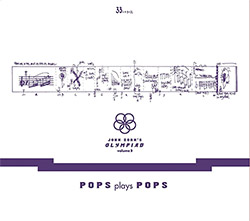

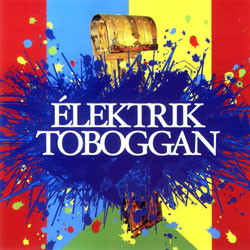
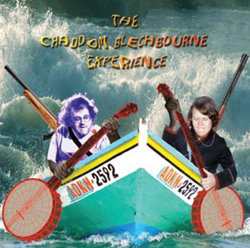
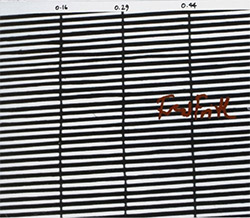
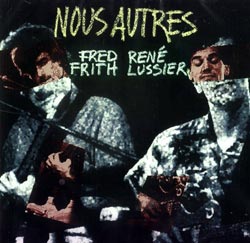
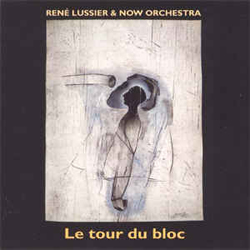
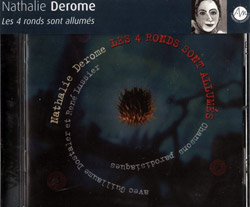
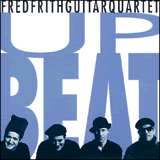
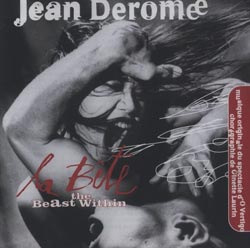
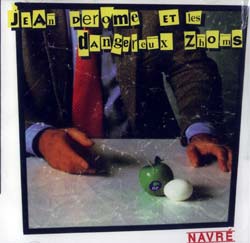
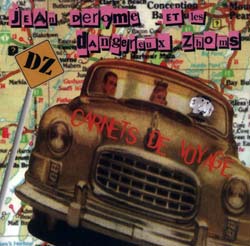
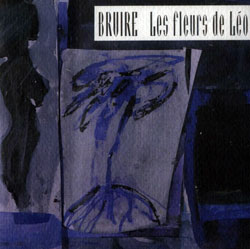
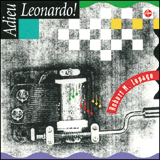
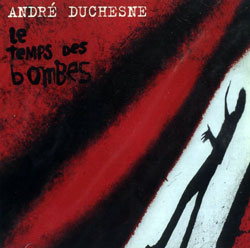
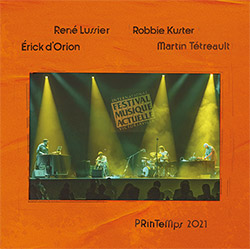
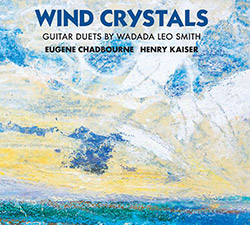

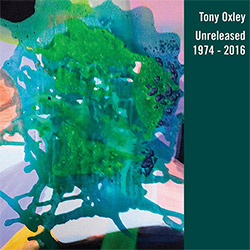
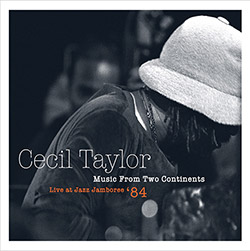

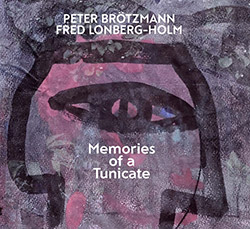
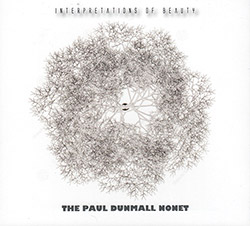




![Davies, Angharad / Burkhard Beins : Meshes Of The Evening [VINYL]](https://www.teuthida.com/productImages/misc4/36990.jpg)
![Bussmann, Nicholas / Sven-Ake Johansson / Yan Jun: Tea Time [Vinyl]](https://www.teuthida.com/productImages/misc4/36991.jpg)
![Feldman, Morton / GBSR Duo w/ Taylor MacLennan: Trios [6 CD BOX SET]](https://www.teuthida.com/productImages/misc4/37020.jpg)
![Williams, Jessica: Blue Abstraction: Prepared Piano Project 1985-1987 [VINYL]](https://www.teuthida.com/productImages/misc4/37080.jpg)
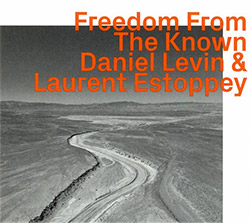
![Fagaschinski, Kai: Aerodynamics [VINYL 2 LPs]](https://www.teuthida.com/productImages/misc4/36992.jpg)
![Allbee, Liz: Breath Vessels [VINYL]](https://www.teuthida.com/productImages/misc4/37012.jpg)
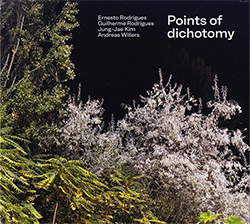
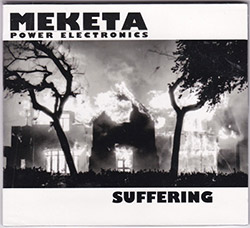


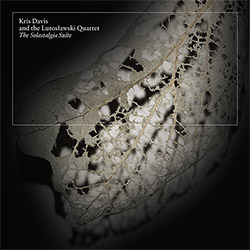
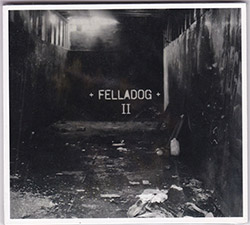


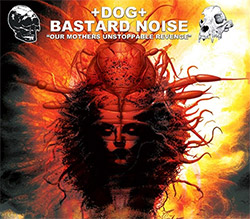



![Parker, Evan / Andrea Centazzo: Bullfighting On Ice! Live In Padova 1977 [VINYL]](https://www.teuthida.com/productImages/misc4/37064.jpg)
![Curran, Alvin / Andrea Centazzo / Evan Parker: Real Time [VINYL]](https://www.teuthida.com/productImages/misc4/37065.jpg)
![Curran, Alvin / Andrea Centazzo / Evan Parker: Real Time Two [VINYL]](https://www.teuthida.com/productImages/misc4/37066.jpg)

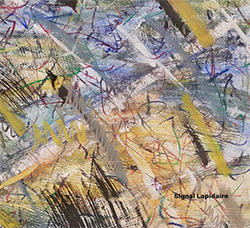

![Rodrigues, Ernesto / Jung-Jae Kim / Guilherme Rodrigues / Eric Bauer / Stephen Flinn: 5 In The Afternoon [2CDs]](https://www.teuthida.com/productImages/misc4/36957.jpg)


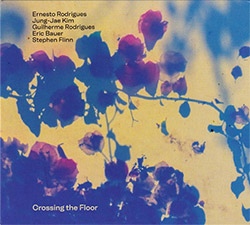





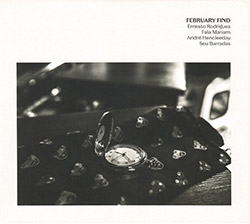
![Evans, Peter / Being & Becoming: Ars Ludricra [VINYL + DOWNLOAD]](https://www.teuthida.com/productImages/misc4/37026.jpg)

![Coley, Byron / Mats Gustafsson / Thurston Moore: Now Jazz Now: 100 Essential Free Jazz & Improvisation Recordings (1960-80) [BOOK]](https://www.teuthida.com/productImages/misc4/36932.jpg)

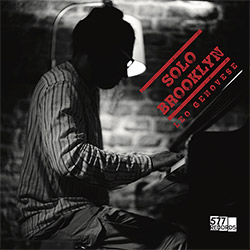
![HobbyHouse (Mia Dyberg / Axel Filip): HobbyHouse [CD + DOWNLOAD]](https://www.teuthida.com/productImages/misc4/36944.jpg)
![Mines, Kelsey / Erin Rogers: Scratching At The Surface [CD + DOWNLOAD]](https://www.teuthida.com/productImages/misc4/36945.jpg)
![Nebbia, Camila (feat/ Marilyn Crispell / Lesley Mok): A Reflection Distorts Over Water [CD + DOWNLOAD]](https://www.teuthida.com/productImages/misc4/36946.jpg)
![Vanheerentals, Adia: Taking Place [CD + DOWNLOAD]](https://www.teuthida.com/productImages/misc4/36947.jpg)

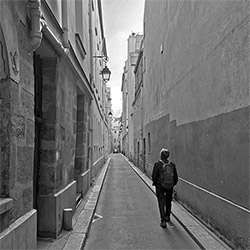
![Belorukov, Ilia / Alex Riva: Wrestling For Futility [CASSETTE w/DOWNLOAD]](https://www.teuthida.com/productImages/misc4/36994.jpg)


![Genthon, Anouck / Lionel Marchetti: Suite Blanche [2 CDs]](https://www.teuthida.com/productImages/misc4/36642.jpg)
![Toeplitz, Kasper T.: Erosions Programmees [CD + BOOKLET]](https://www.teuthida.com/productImages/misc4/36639.jpg)
![Gate, The : Almost Live [CASSETTE + MAGAZINE]](https://www.teuthida.com/productImages/misc4/36836.jpg)






![A Magic Whistle: The Solar Cell [VINYL]](https://www.teuthida.com/productImages/misc4/36658.jpg)

![McGee, Hal: Columbus Expedition [Cassette w/ Download]](https://www.teuthida.com/productImages/misc4/36650.jpg)


![Jaeger, Kassel: Fernweh [VINYL 2 LPs]](https://www.teuthida.com/productImages/misc4/36541.jpg)





![Frey, Jurg : Composer, Alone [3 CDs]](https://www.teuthida.com/productImages/misc4/36927.jpg)








![Frey, Jurg with ensemble]h[iatus: Je Laisse A La Nuit Son Poids D](https://www.teuthida.com/productImages/misc4/36988.jpg)




![Pisaro-Liu, Michael: Within (2) / Appearance (2) [2 CDs]](https://www.teuthida.com/productImages/misc4/36831.jpg)










![Musicworks Magazine: #151 Summer 25 [MAGAZINE + CD]](https://www.teuthida.com/productImages/misc4/36559.jpg)

![Brown, Dan / Dan Reynolds: Live At The Grange Hall [unauthorized][CASSETTE]](https://www.teuthida.com/productImages/misc4/36245.jpg)

![Zorn, John: The Song of Songs [CD + CD BOOK]](https://www.teuthida.com/productImages/misc4/36923.jpg)

![Coultrain: Mundus [COLORED VINYL]](https://www.teuthida.com/productImages/misc4/33056.jpg)
![Hprizm: Signs Remixed [COLORED VINYL]](https://www.teuthida.com/productImages/misc4/30635.jpg)
![Halls Of the Machine: All Tribal Dignitaries [CASSETTE w/ DOWNLOAD]](https://www.teuthida.com/productImages/misc4/36134.jpg)



![Koenjihyakkei: Live at Club Goodman [2 CDs]](https://www.teuthida.com/productImages/misc4/36111.jpg)

![Sorry For Laughing (G. Whitlow / M. Bates / Dave-Id / E. Ka-Spel): Rain Flowers [2 CDS]](https://www.teuthida.com/productImages/misc4/35985.jpg)

![Rolando, Tommaso / Andy Moor : Biscotti [CASSETTE w/ DOWNLOADS]](https://www.teuthida.com/productImages/misc4/36106.jpg)


![Electric Bird Noise / Derek Roddy: 8-10-22 [CD EP]](https://www.teuthida.com/productImages/misc4/35970.jpg)








![Elephant9 : Mythical River [VINYL]](https://www.teuthida.com/productImages/misc4/34624.jpg)



![Elephant9 with Terje Rypdal: Catching Fire [VINYL 2 LPs]](https://www.teuthida.com/productImages/misc4/35355.jpg)
![Coley, Byron: Dating Tips for Touring Bands [VINYL]](https://www.teuthida.com/productImages/misc4/17906.jpg)

![Lost Kisses: My Life is Sad & Funny [DVD]](https://www.teuthida.com/productImages/misc4/lostKissesDVD.jpg)